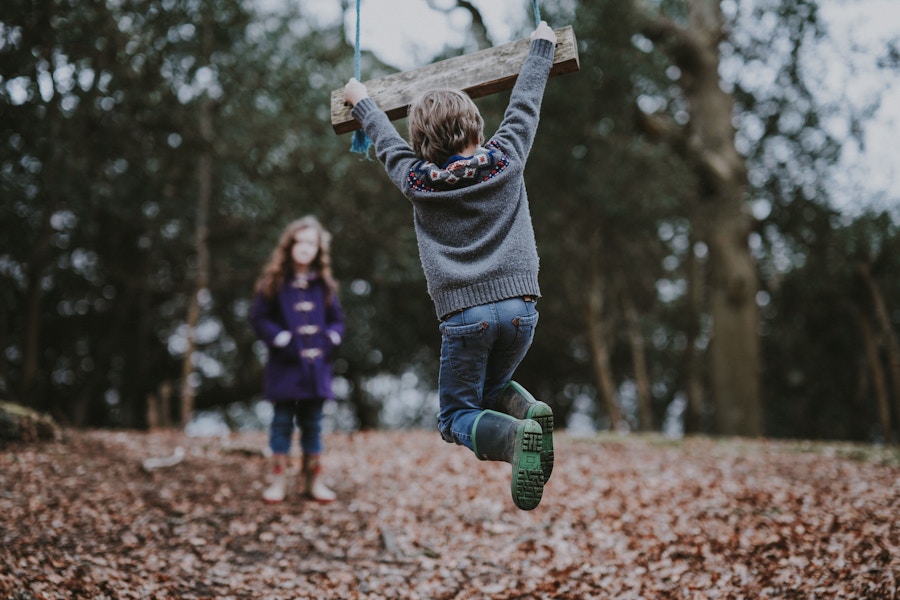A child who is learning to walk will fall thousands of times. Failure is part of the learning. We don’t fault a child as they learn to eat; in fact, we take pictures instead. Blueberries and chocolate cake strung from highchair to low wall — we expect this chaos as kids learn to get the spoon from the plate to their mouths. But we adults see failure as a final mark of our efforts, rather than as part of the process. Our preoccupation with outcomes can become a compulsion. We can become so debilitated by perfectionism that we alienate ourselves from all risk and even joy. In our walk with God, failure offers us many gifts. Perfection doesn’t prepare; presence does. There is no learning without failure. What we understand about ourselves, God, and even others will always be a mystery. When we experience failure, we come up against that mystery. We are invited to remember that the depths cannot be plumbed or tamed.
Parenting failure has been the hardest pill to choke down for me. My children couldn’t have been more than four and seven years old when I gathered them both on the couch in the living room. I was just on the other side of a conversation with Jesus about how I disciplined. After a ton of reflection, prayer, and repentance, I could see that spanking my kids was not in anyone’s best interest. So, I told them that, and asked their forgiveness. My tears were evidence of my deep regret, and in the way of Christ and children, they forgave wholeheartedly.
In Luke 8:40 – 56, the fear of death and the fear of shame — two huge parenting fears emerge. At the beginning, we meet a father bent low with love and anguish for his dying daughter. She was his only daughter, and his love for her threw him at Jesus’ feet. He was humbled to the point of begging for help for her very life. Love does that. Love for our children places us in the most vulnerable of positions. If we allow ourselves to come close to our children, to connect with them on the deepest level, it will cost us. Our pride, our tightly held ideas and ideals, our lofty plans for the future, and sense of security will be burned away by Love.
Parenting is a unique learning school for love. We get a visceral picture in the pleading of this father for his daughter. How has your love for children (even your own childhood self) bent you low?
The woman in the story had been bent low not only by her disease, but also by the religious and cultural shame surrounding her gender and the symptoms of her disease. Bleeding. The passage says she had been “suffering from hemorrhages for twelve years” (Luke 8:43). Her unending wounds were literally the thing she could never talk about. Her shame kept her isolated and hidden — a fate worse than the wounds themselves. Parental shame is a real wound, and it festers and weeps as we attempt to shut it off and shove it down deeper into our souls. I have sat with parents who suffer in silence and isolation, bent low by parenting shame. Whether our shame comes from our acts as parents or the actions of our children, the weight of shame is heavy. How has parental shame touched your life?
Fear of death and fear of shame numb our connection with God, with ourselves, and with others, especially the children in our lives. In Luke 8, we see that both Jairus and the woman healed experienced the grace and healing of Jesus when they let themselves feel and moved closer. They risked it all to draw near to the One they hoped could heal their fears. When in the midst of our fears we draw near to Christ, we will hear him call us by name. With gentleness, he invites us and our fears out of hiding, saying, “Do not fear. You can trust me. You can trust me with your children. You can trust me with your shame.”
Taken from Faith Like a Child by Lacy Finn Borgo. Copyright © 2023 by Lacy Finn Borgo. Used by permission of InterVarsity Press. www.ivpress.com
Photo by Annie Spratt on Unsplash
· Last Featured on Renovare.org August 2023


